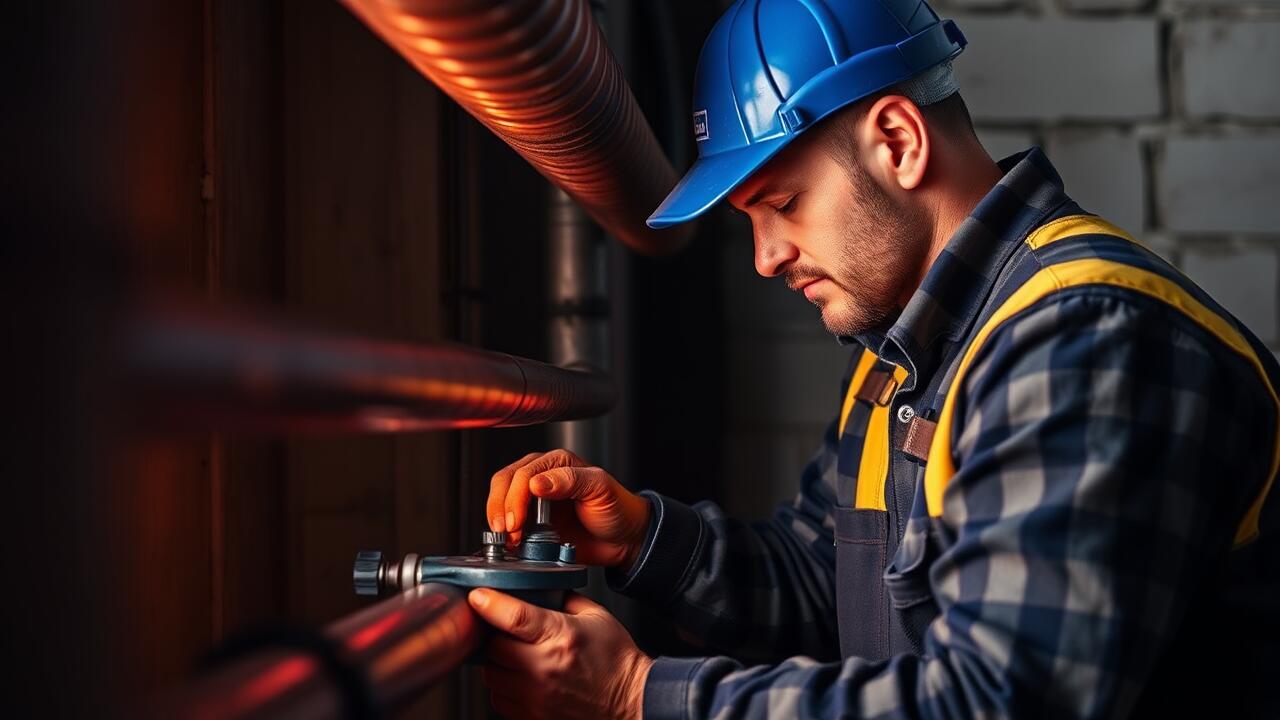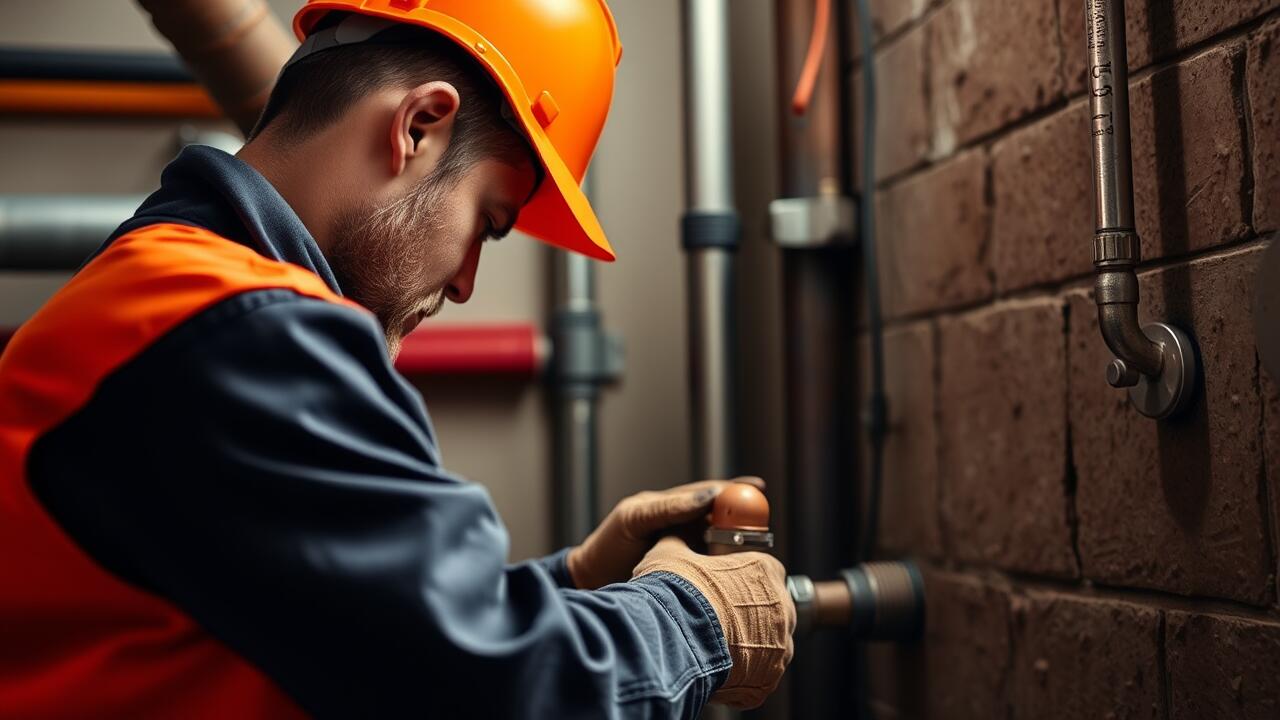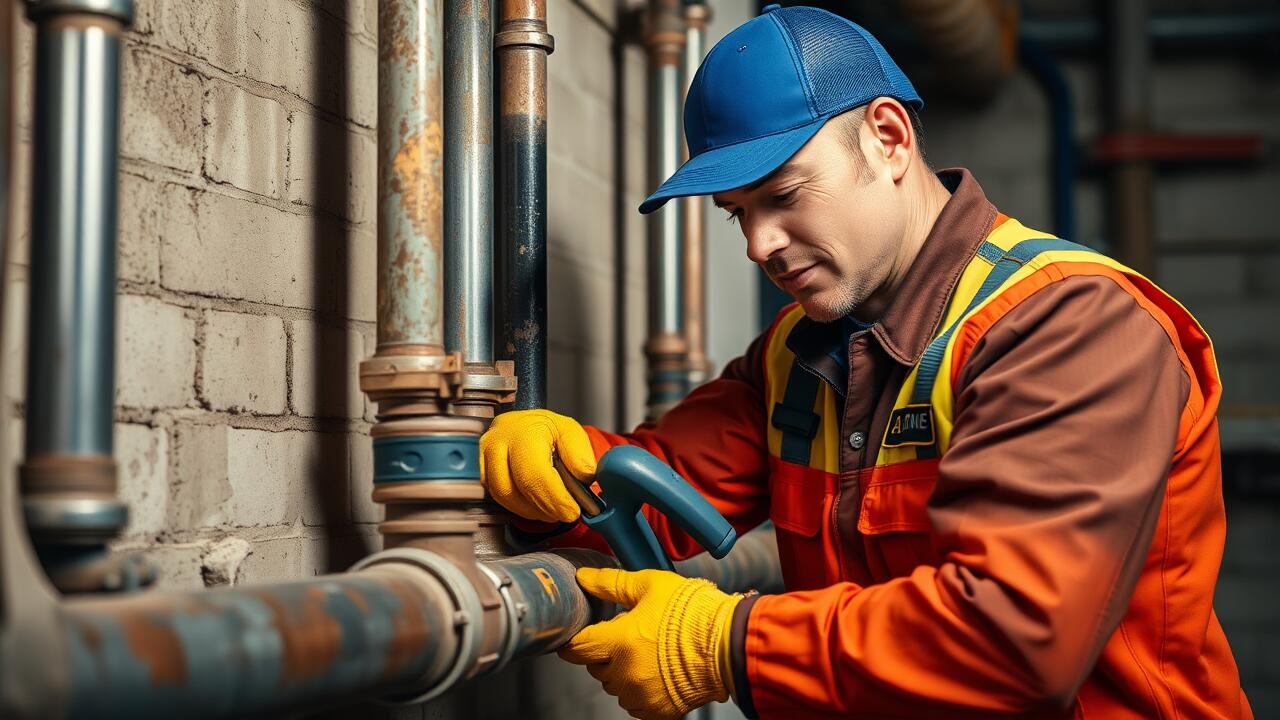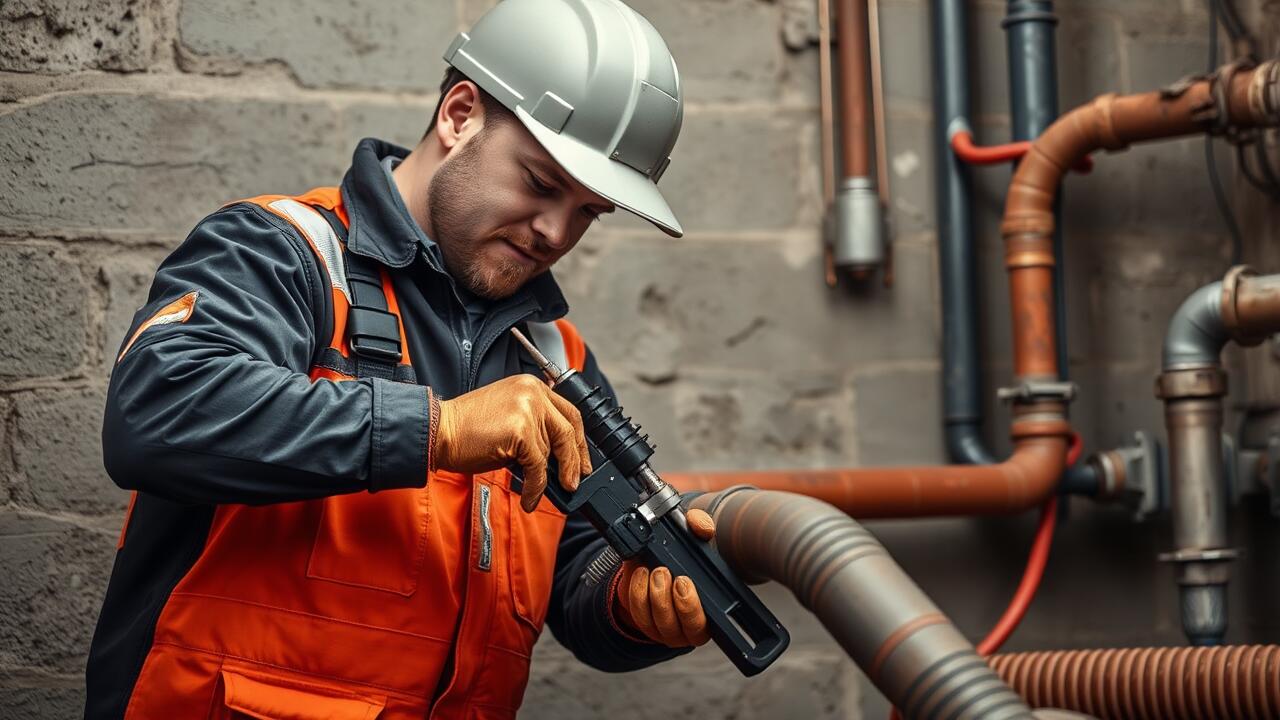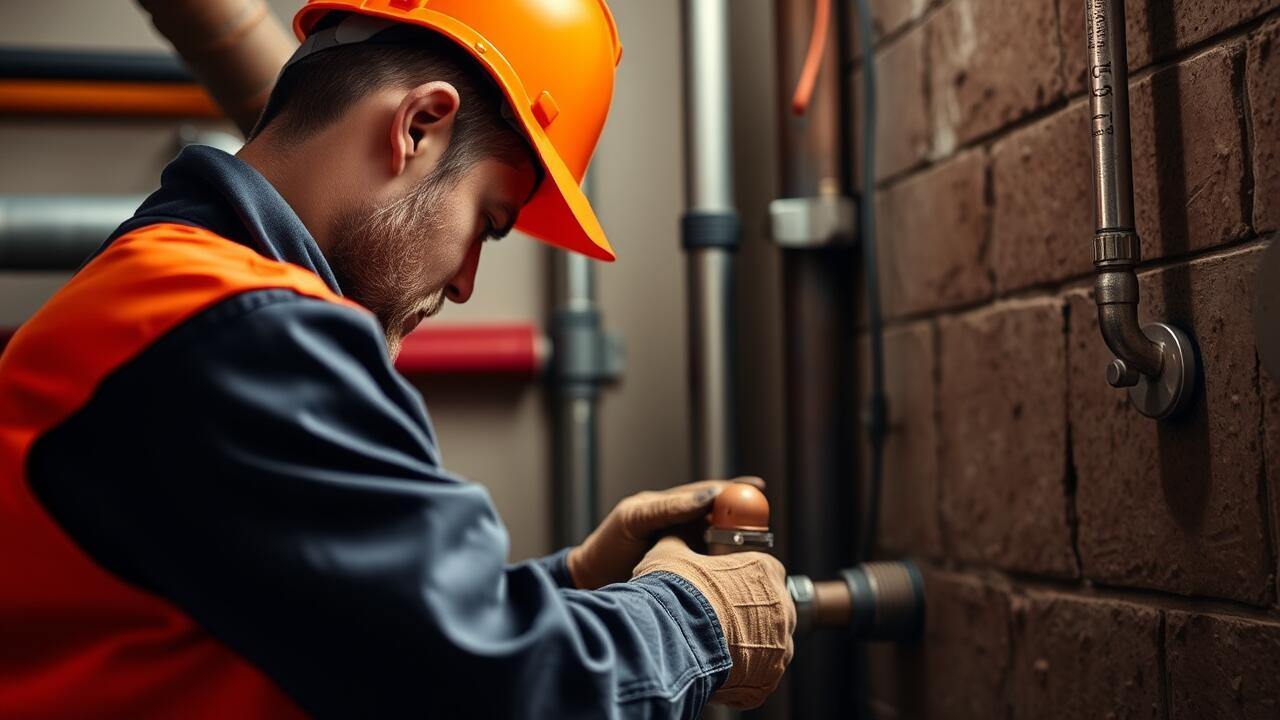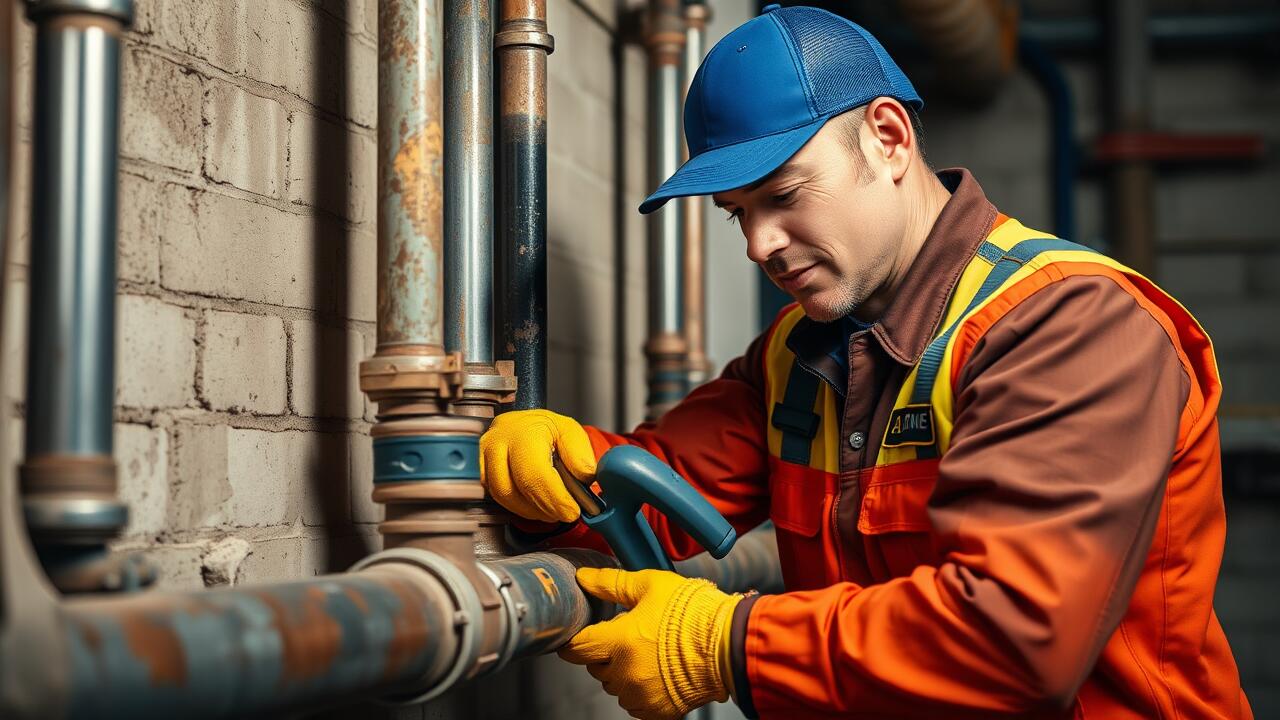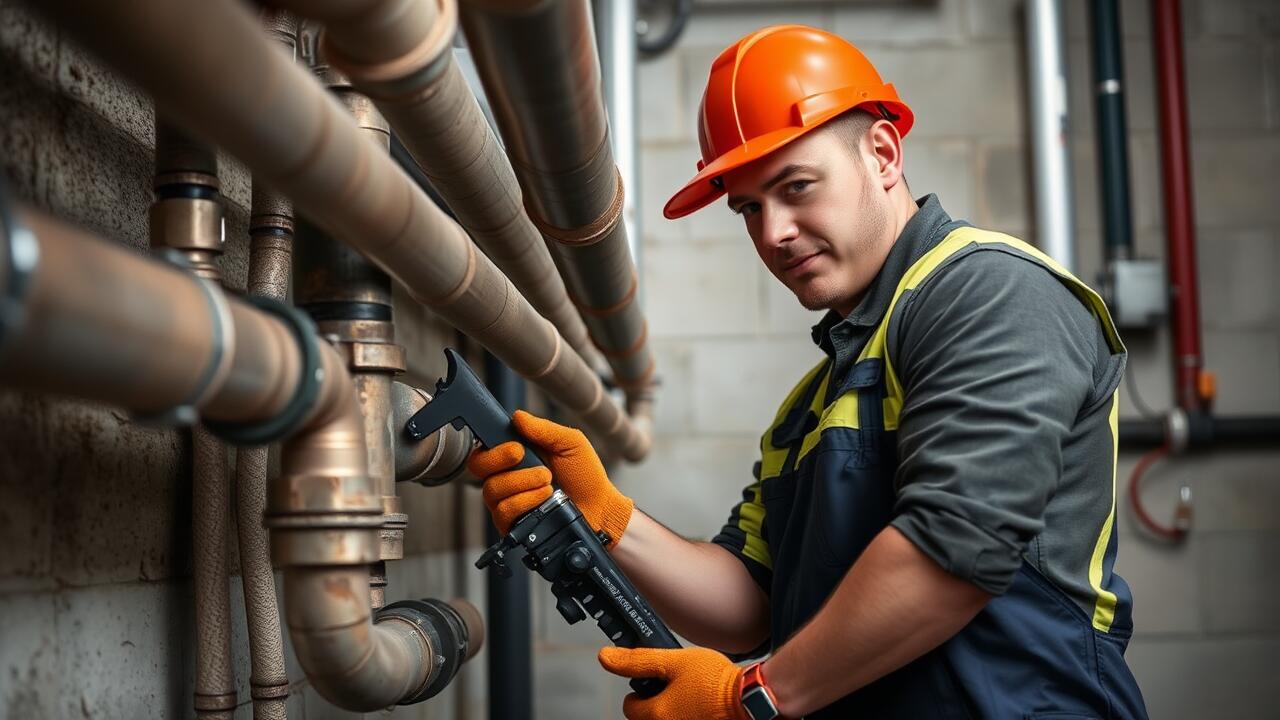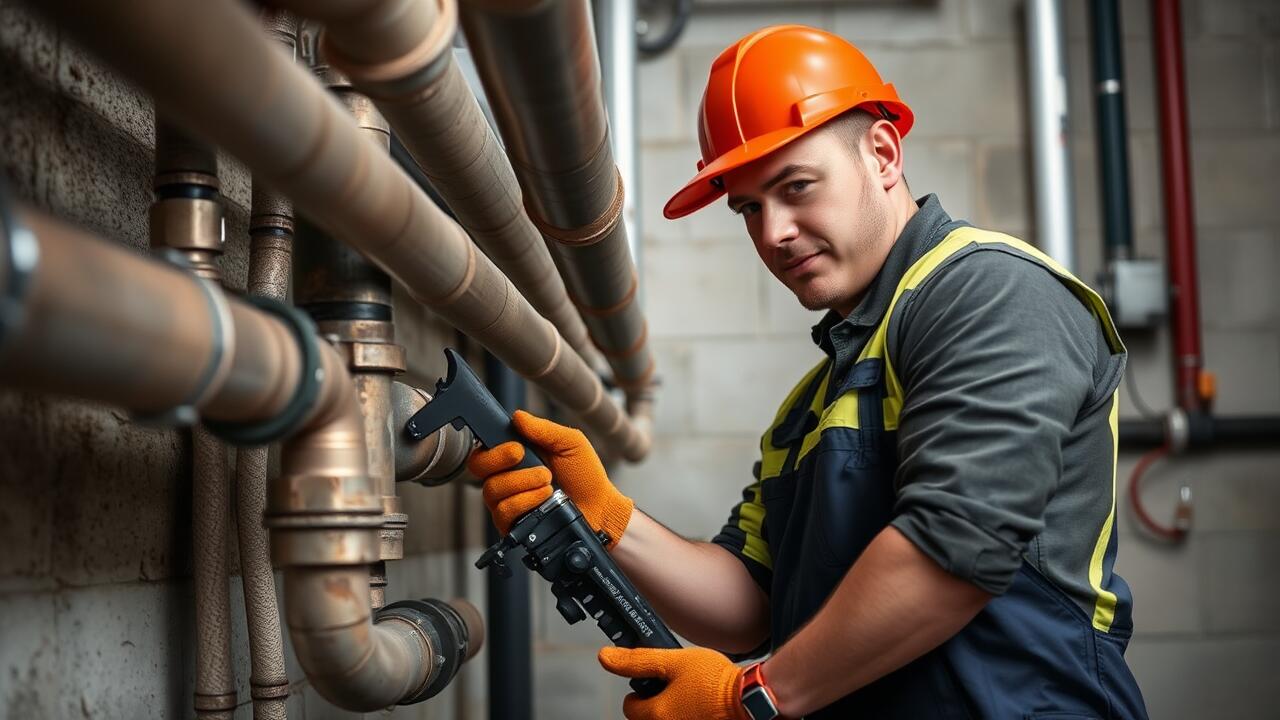
Cast Iron Pipes
Cast iron pipes have long been a staple in plumbing systems due to their durability and strength. Initially introduced in the 19th century, these pipes are known for their ability to withstand high pressures and resist corrosion over time. However, cast iron is prone to issues such as rust and brittleness, particularly as it ages. This makes regular inspections essential to identify any signs of deterioration before they escalate into costly repairs or replacements.
When searching for solutions like "Pipe repair near me," homeowners can explore various repair methods tailored to cast iron systems. Techniques such as patching, lining, or spot repairs can effectively extend the life of these pipes and address smaller leaks or cracks. For more extensive damage, complete pipe replacement may be necessary. Consulting with a plumbing professional can help determine the best course of action and ensure that these vital components of a plumbing system remain functional and efficient.
Repair Methods for Cast Iron
Repairing cast iron pipes requires a thorough assessment of the damage to determine the most effective method. Common techniques include spot repairs, where specific sections of the pipe are replaced or patched. This approach can address leaks and corrosion without the need for extensive excavation. For more significant issues, replacing entire sections may be necessary, often involving cutting out the damaged area and fitting new piping in its place.
Homeowners experiencing persistent issues may search for "pipe repair near me" to find local professionals equipped to handle cast iron repairs. Advanced technologies, such as trenchless repair methods, may also be employed to minimize disruption. These methods involve relining the existing pipe with durable materials, enhancing structural integrity while avoiding extensive ground disturbance, making repairs quicker and often more cost-effective.
Flexible Pipes
Flexible pipes, made from materials like PVC, polyethylene, and other polymers, offer advantages that rigid pipes do not. They provide flexibility, ease of installation, and resistance to corrosion and environmental stressors. This adaptability makes them ideal for various applications, including residential plumbing, irrigation systems, and industrial uses. Their lightweight nature allows for quicker installations and minimizes the need for heavy machinery, contributing to overall project efficiency.
Despite their many benefits, flexible pipes can still experience damage from external forces or improper installation. Common issues include leaks, cracks, or punctures that can affect the system's integrity. When seeking solutions for issues with flexible piping, homeowners and contractors often search for “pipe repair near me” to find local services capable of addressing these problems. Timely repairs can prevent further complications and extend the lifespan of the plumbing system.
Repairing Flexible Pipe Systems
Flexible pipes, commonly used for their adaptability and resistance to cracking, can still encounter issues over time. When a problem arises, identifying the specific area of damage is crucial. Techniques such as spot repairs or sectional replacement can be effective. These methods minimize disruption while addressing leaks or breakages. It is often best to consult with a professional to evaluate the extent of the damage and determine the appropriate repair technique.
For homeowners looking to address flexible pipe issues, searching "pipe repair near me" can yield numerous local services. Many companies specialize in trenchless repair methods, which allow for quick and efficient fixes without extensive excavation. These modern techniques can significantly reduce repair times and costs, making them an appealing choice for those faced with damaged flexible piping.
Concrete Pipes
Concrete pipes are often utilized for their durability and strength, making them a popular choice for infrastructure projects. These pipes are frequently used in stormwater management systems and sewage applications. However, despite their robust nature, they can face issues such as cracking, joint failure, or corrosion over time due to environmental factors or improper installation.
When encountering problems with concrete pipes, timely repairs are crucial to ensure proper function and prevent further damage. Common repair methods include grouting and the application of patching materials to seal cracks. For more extensive damage, replacement of sections may be necessary. Homeowners or municipalities seeking assistance can search for "pipe repair near me" to find local experts who specialize in concrete pipe rehabilitation.
Addressing Damage in Concrete Pipes
Concrete pipes are known for their durability, but they can still sustain damage over time due to environmental factors and heavy loads. Cracks and voids may develop, leading to potential leaks or structural failures. Addressing these issues promptly is essential to minimize further damage and ensure the integrity of the entire pipeline system. Common techniques for repairs include grouting and patching, which are effective in sealing cracks and restoring strength.
Homeowners and facility managers needing assistance often search for "pipe repair near me" to find local professionals with expertise in concrete pipe repairs. These specialists typically conduct thorough inspections using advanced technology to assess the extent of damage. After an evaluation, they can recommend the most suitable repair methods, whether it involves sealing joints, reinforcing structures, or replacing sections of the pipe as necessary.
FAQS
What are the main types of pipe materials discussed in the article?
The article discusses cast iron pipes, flexible pipes, and concrete pipes.
What are some common repair methods for cast iron pipes?
Common repair methods for cast iron pipes include the use of mechanical clamps, epoxy lining, and pipe relining techniques.
How can flexible pipe systems be repaired?
Flexible pipe systems can be repaired using methods such as patching, the installation of slip lining, or utilizing specialized repair kits designed for flexibility.
What are typical issues that arise in concrete pipes?
Typical issues in concrete pipes include cracking, corrosion, and joint separation, which can lead to leaks and structural instability.
How can damage in concrete pipes be effectively addressed?
Damage in concrete pipes can be effectively addressed through techniques such as sealing cracks, using grouting for leaks, or completely replacing damaged sections if necessary.
